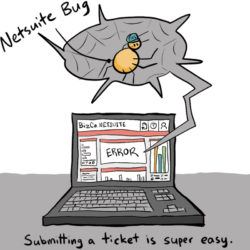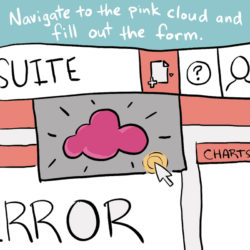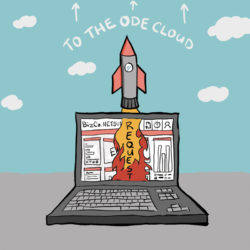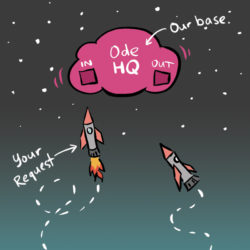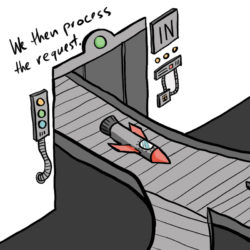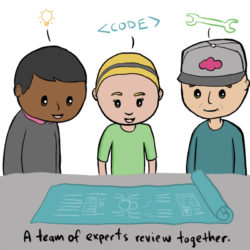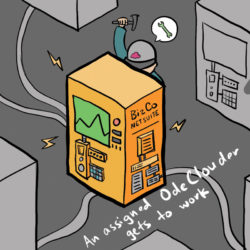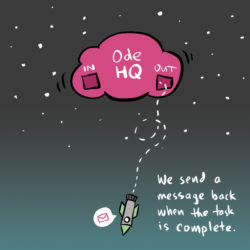I often ask OdeCloud’s community members what makes OdeCloud’s Netsuite service platform different from other managed service providers.
The usual response follows along these lines: OdeCloud combines the scale, breadth and depth of a Freelancing platform with the guarantee of getting our assignments done efficiently and effectively — the latter of which is normally provided by most managed service vendors.
In other words, the one thing that makes the OdeCloud model different is its ability to leverage an on-demand, “Information Technology” workforce while eliminating many of the common issues customers deal with when working with freelancers:
- Fear that the freelancer lacks a certain level of expertise and cannot deliver on their own
- Uncertainty with what exact level of expertise is needed to complete the task at hand
- The constant onboarding and provisioning of external resource
There is a tremendous opportunity for businesses — especially midsize businesses — to gain more agility by leveraging IT freelancers. According to a recent study by Mavenlink, “79% of business leaders state that leveraging contractors is a competitive advantage, and as a result, plan to increase their use of contractors in next 12 months.”
That said, effectively leveraging the on-demand workforce is a not an easy task. As the level of expertise increases within the IT domain, so will the level of complexity in vetting and orchestrating this workforce.
Just a few years ago, companies with limited internal bandwidth were constantly hiring IT freelancers to offload some menial, low-level tasks.
Nowadays, companies expect the freelancer to be an expert in solving every complex, technological challenge known to man, or they expect the freelancer to assist in constructing an improved business strategy by leveraging whatever the market deems to be the best technological opportunities currently out there.
Managed service providers play a critical role in providing cutting-edge technology services to their clients, especially for midsize businesses with limited IT budgets; but at the end of the day, it all comes down to the personnel and the technical skills they have available.
With more IT workers transitioning to freelancing, the business model of managed services and consulting firms is facing an unprecedented crisis: What happens when the majority of IT workers completely transition to the gig economy?
However, the rise of the gig economy also presents a great opportunity to overcome significant issues found on both ends of the client-freelancer relationship.
We already mentioned a few on the customer side, such as the uncertainty surrounding what level of expertise is actually needed to complete a specific task and whether the freelancer in question has the necessary level of expertise.
As for the other end of that relationship, there are a number of prominent issues that constantly plague freelancers:
- Fear of being isolated
- Fear of not being able to deliver the work on time without assistance
- Inability to efficiently scale in expertise
- Lacking the capacity to take on and deliver more complex projects
This is often where the journey stalls for most experts in traditional freelancing platforms. They have maxed-out the number of hours they could bill in a day, week or month. They are unable to keep up with the new changes in their domain of expertise. They are unwilling to take the risk of building a team that they would have to financially support until client payment comes in.
So what is next?
Well, this is exactly the question that led me to developing OdeCloud. After 2 years of freelancing, I had reached that point where I could not scale myself.
Due to my limited support network of other IT professionals (and, by extension, lack of ability to crowdsource ideas and solutions), I could no longer provide my clients with leading practices or deliver on incredibly complex jobs without having to ask for assistance.
I technically designed OdeCloud to scale myself to better service the clients I was working for at that time. The concept truly took off when 2 other NetSuite freelancers combined their expertise with mine to create a top-notch service for our clients.
Our collaboration led to more creative solutions, and we successfully developed a service bundle, delivering high-quality consulting at a lower cost to clients. Eventually, other experienced NetSuite freelancers joined our fast-growing OdeCloud community, helping us build to where we are today.
Now, if you ask what the difference is between OdeCloud and a traditional freelancing platform like Upwork, Fiverr or Freelancing.com, it is truly the power of collaboration and crowdsourcing.
Allow me to show you the latest example of the OdeCloud concept in action.
Ahad is stuck with a Netsuite problem, so he reached out for help from the community
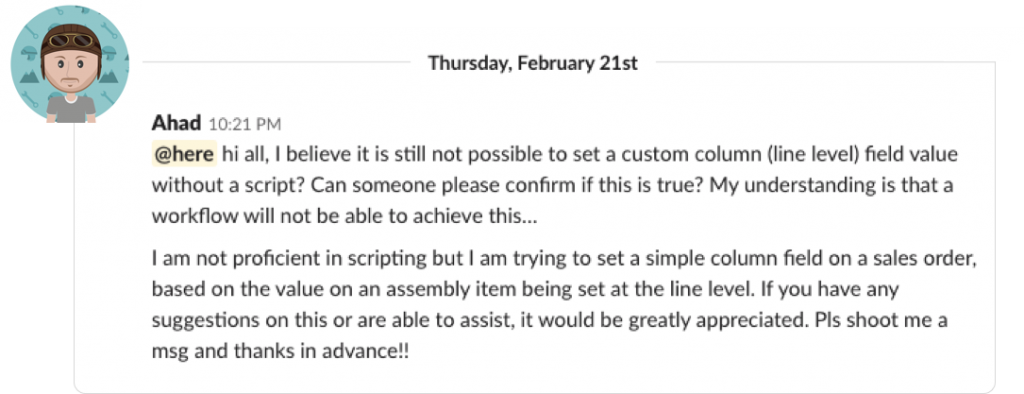
I saw his message before going to bed and quickly dropped a few names of folks I knew could help.

Up early on the east coast, TJ responded to Ahad, adding a link to a post he had previously wrote on the subject.

On the other side of the globe, Lea also saw Ahad’s question, and forwarded a very detailed blog post she had written on her professional NetSuite blog.
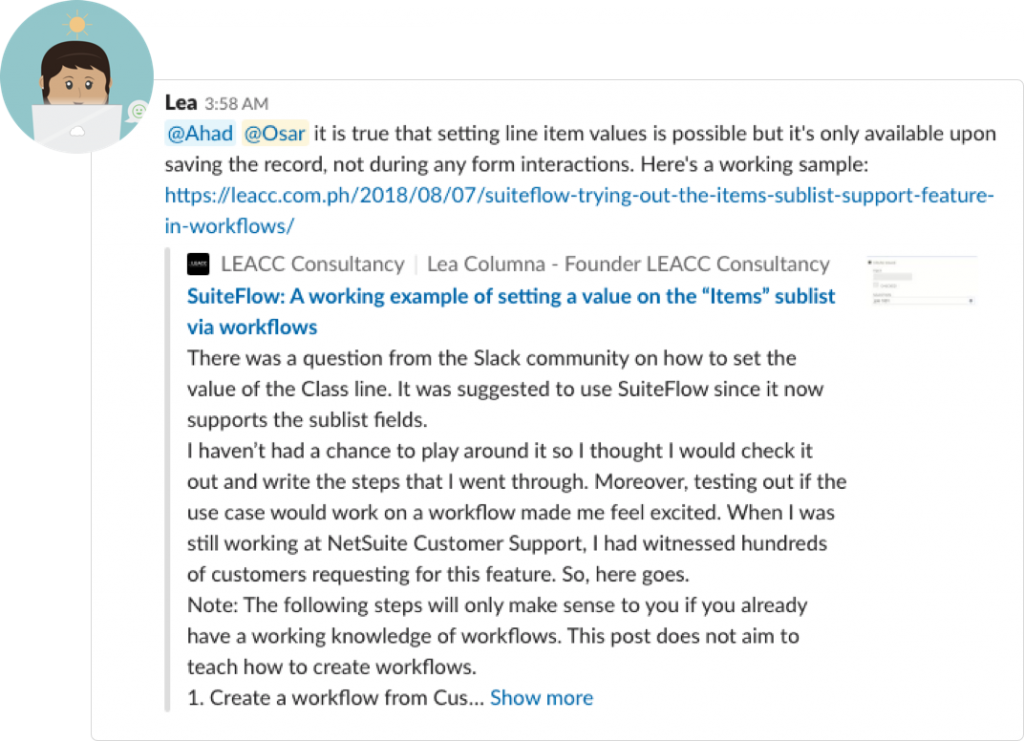
Just a few hours into his morning on the next day, Ahad had read the suggested solution, implemented it and tested it successfully.

This is but one example of how OdeCloud leverages the agility and expertise of a global network of on-demand Netsuite freelancers to help crowdsource solutions and provide best-in-class NetSuite services.
Keep on the lookout for more examples as we dive further into the year with our growing community.



